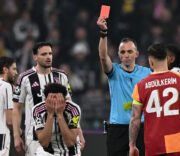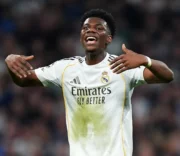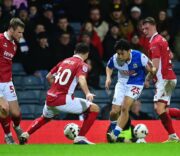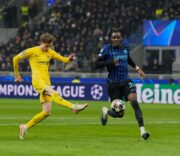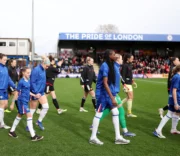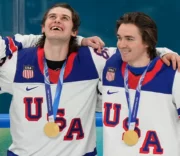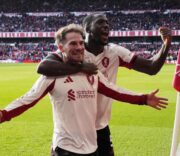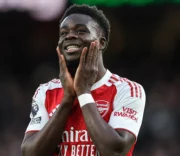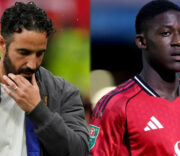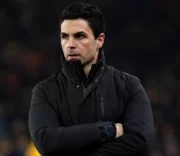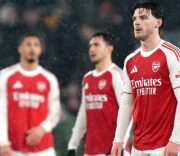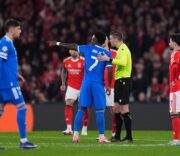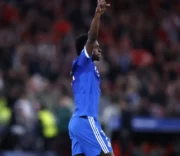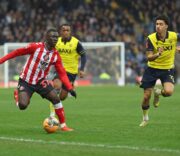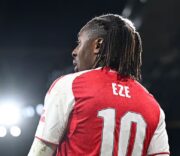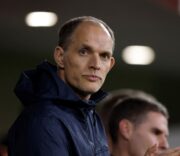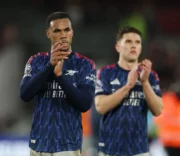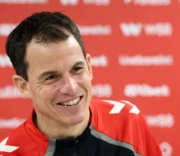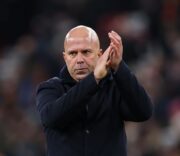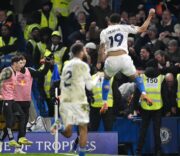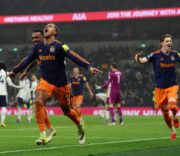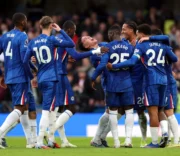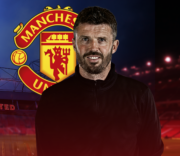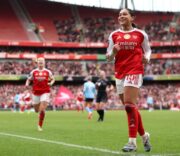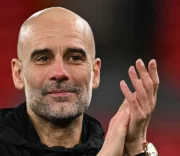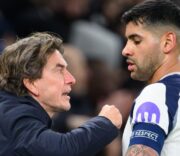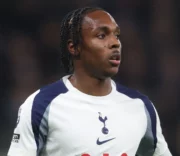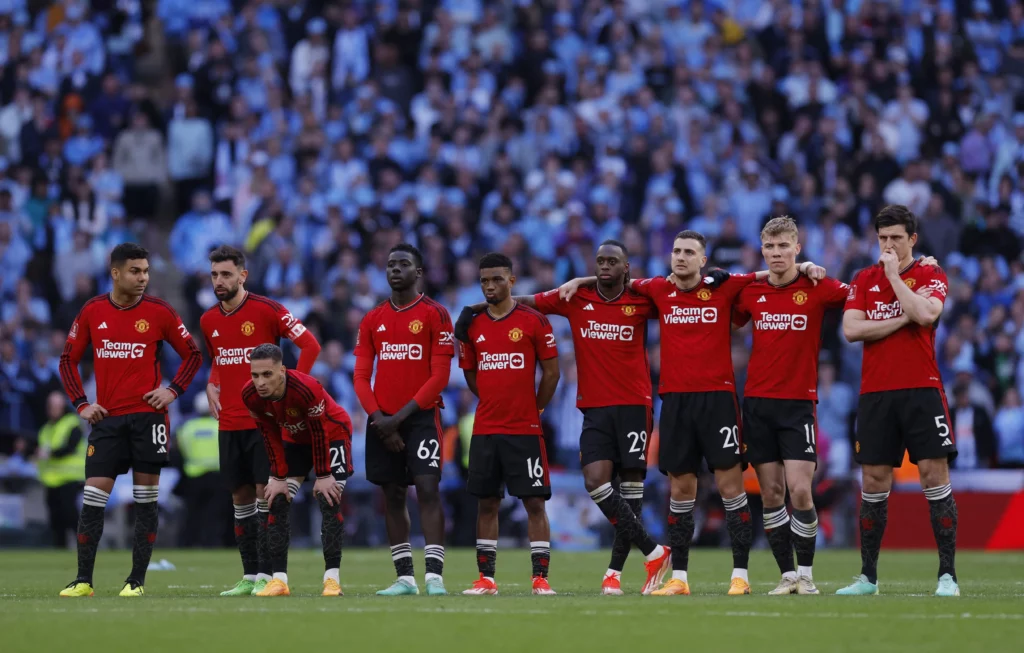
Manchester United’s progression to the FA Cup final, after a lackluster performance resulting in a penalty shootout victory over Coventry, brought more disbelief than celebration. This outcome at the semi-final, witnessed by Sir Jim Ratcliffe and Jason Wilcox, should alarm Erik ten Hag about his future. Sir Jim, a minority shareholder of the club, had earlier completed the London Marathon in an impressive four-and-a-half hours at the age of 71, only to experience a far more tumultuous event watching his team struggle at Wembley Stadium later that day.
Unsteady United: Ratcliffe’s High-Stakes Ride and Wilcox’s First Glimpse
Jim Ratcliffe, after investing a substantial £1.3 billion, joined the majority owners Avram and Joel Glazer at the United semi-final against Coventry City, starting his experience with the club on a high note as they led 2-0 at half-time. Ratcliffe, who considers his investment in United to be his most thrilling project, witnessed first-hand the team’s tendency to lose control after securing a lead. Despite the ups and downs, United secured their place in the final against Manchester City, exemplifying that the journey matters as much as the destination.
At Wembley, not only the Glazers and Ratcliffe witnessed United’s shaky performance, but also INEOS sport director Sir Dave Brailsford and newly appointed technical director Jason Wilcox. Wilcox, freshly recruited from Southampton and known for his successful tenure at Manchester City’s academy, was introduced to a United team that lacked the poise and control he was accustomed to, especially in critical game moments. His first impressions were less than favorable, viewing United as a team struggling to dominate against lower-ranked opponents.
Faltering Finishes: United’s Struggle to Seal the Deal
Erik ten Hag expressed mixed emotions after securing a second consecutive FA Cup final appearance, celebrating the achievement but lamenting his team’s failure to maintain control. Despite dominating, United’s recent matches have seen them repeatedly lose their grip in the final moments, a pattern underscored by near misses and last-minute concessions. Ten Hag acknowledged the team’s resilience in penalty situations but emphasized the need for better game management and responsibility. This ongoing issue of fluctuating performance levels within a single match continues to challenge United, even as they manage to narrowly escape with results.
Manchester United’s Season of Narrow Margins
In a more forgiving assessment of Manchester United’s season, one might argue that slim margins have defined the difference between a successful campaign and the erratic, inconsistent one they’ve experienced. Coach Ten Hag has frequently pointed this out, citing adverse referee decisions and their recurring issue with conceding penalties, which he refers to as “a curse.”
An alternative perspective suggests that United has been fortunate to avoid even more disappointing outcomes. A glaring example was their near defeat to Coventry, saved only by VAR disallowing Viktor Torp’s goal in the 121st minute due to Haji Wright’s marginal offside — a situation Coventry’s coach humorously claimed could have been avoided if Wright had “cut his toenail.”
However, the recurring theme for United is their struggle to manage the game’s pace and reduce chaos, which seems to be their default mode of operation. Despite their efforts, United has secured only two wins in their last 10 matches lasting the full 90 minutes, against relegation-threatened Everton and Nottingham Forest. Both victories, far from convincing, came from a last-minute header and two penalties while allowing a concerning number of shots on goal.
Roy Keane’s Disappointment with Manchester United’s Performance
“Coventry looked like a Premier League team and Manchester United looked like a Championship side,” Roy Keane sharply criticized on ITV. “Manchester United’s play is sporadic; they consistently offer opportunities to their opponents. We’ve observed this in the FA Cup this season with their matches against Wigan and Newport County. [Harry] Maguire spoke of seeing character, but I’m failing to see it. I’m reaching a point where I’m almost disliking them.”
Keane is not alone in his sentiments. Despite Manchester United fans filling their section at kick-off at Wembley, numerous empty seats were visible as the game progressed, especially during the extra-time and following Coventry’s near victory with Torp’s goal. When Rasmus Hojlund finally secured United’s spot in the final, the celebration was muted. The fans quickly exited, likely embarrassed by the narrow escape from defeat, contrasting sharply with the strong connection between Coventry players and their supporters who still felt the sting of a penalty shootout loss at Wembley from a previous year.
Doubts Over Ten Hag’s Future After a Narrow Escape
Coventry’s coach, Robins, known for his historic goal that supposedly saved Sir Alex Ferguson’s job decades ago, nearly jeopardized Ten Hag’s position with United. However, the shootout win did little to instill confidence. A fully-prepared Manchester City poses a significant threat in the final, and even a potential win for United might be seen as yet another transient success, reminiscent of their dramatic victory over Liverpool. United’s performance has been lackluster since, having not won a game following that triumph and frequently losing leads in subsequent matches.
Jamie Carragher commented on Sky Sports, “We were all watching, and Robins, who once saved a United manager’s job, might have cost Ten Hag his with today’s result. I don’t see how he stays. It must be the most embarrassed dressing room for a team that just won a significant game.”
As the club continues to struggle, the new owner, Ratcliffe, faces a tough decision on whether to keep Ten Hag. Given the recent events at Wembley, maintaining the status quo might seem an unreasonable choice.


